Anthropology
-
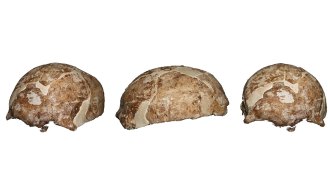 Humans
HumansAncient DNA links an East Asian Homo sapiens woman to early Americans
Genetic clues point to a Late Stone Age trek from southwestern China to North America.
By Bruce Bower -
 Anthropology
AnthropologyDemond Mullins climbed Everest to inspire more Black outdoor enthusiasts
Mullins hopes his successful Mount Everest summit will encourage more Black people to experience the great outdoors.
-
 Psychology
PsychologyThe idea that many people grow following trauma may be a myth
Studies of posttraumatic growth are fundamentally flawed and can contribute to toxic cultural narratives, researchers say.
By Sujata Gupta -
 Anthropology
AnthropologyA new origin story for domesticated chickens starts in rice fields 3,500 years ago
Chickens, popular on today’s menus, got their start in Southeast Asia surprisingly recently, probably as exotic or revered animals, researchers say.
By Bruce Bower -
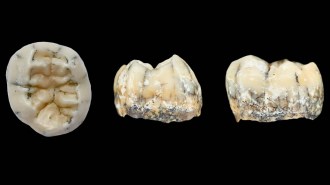 Anthropology
AnthropologyA Denisovan girl’s fossil tooth may have been unearthed in Laos
A molar adds to suspicions that mysterious hominids called Denisovans inhabited Southeast Asia's tropical forests.
By Bruce Bower -
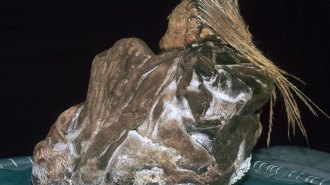 Archaeology
ArchaeologyA special brew may have calmed Inca children headed for sacrifice
The mummified remains contained a substance that may reduce anxiety and is found in ayahuasca, a psychedelic ceremonial liquid still drunk today.
By Bruce Bower -
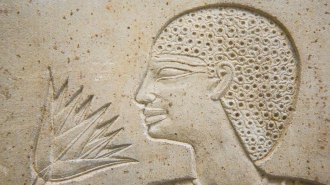 Archaeology
ArchaeologyAncient ‘smellscapes’ are wafting out of artifacts and old texts
In studying and reviving long-ago scents, archaeologists aim to understand how people experienced, and interpreted, their worlds through smell.
By Bruce Bower -
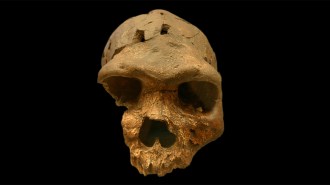 Anthropology
AnthropologyHow ancient, recurring climate changes may have shaped human evolution
Climate changes drove where Homo species lived over the last 2 million years, with a disputed ancestor giving rise to H. sapiens, a new study claims.
By Bruce Bower -
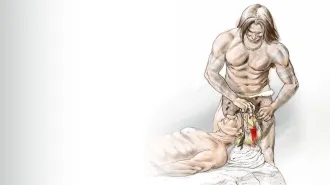 Anthropology
AnthropologyNorth America’s oldest skull surgery dates to at least 3,000 years ago
Bone regrowth suggests the man, who lived in what’s now Alabama, survived a procedure to treat brain swelling by scraping a hole out of his forehead.
By Bruce Bower -
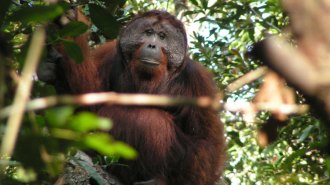 Anthropology
AnthropologySocial mingling shapes how orangutans issue warning calls
The new findings hint at how modern language may have taken root in sparse communities of ancient apes and humans.
By Bruce Bower -
 Chemistry
ChemistryOne forensic scientist is scraping bones for clues to time of death
The bones of more than 100 cadavers are shedding light on a more precise and reliable way to determine when someone died.
-
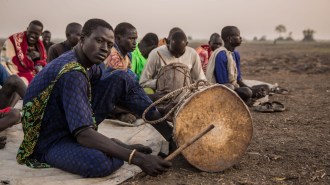 Genetics
GeneticsAfrica’s oldest human DNA helps unveil an ancient population shift
Long-distance mate seekers started staying closer to home about 20,000 years ago.
By Bruce Bower